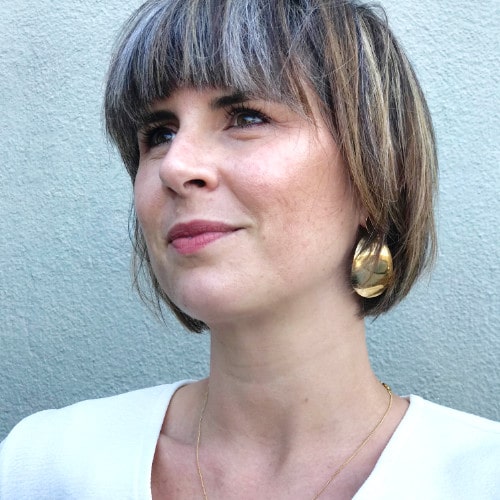For healthcare providers around the globe, the start of 2020 means “work” as we once knew it has changed forever.
Whether we’re on the front lines, or in other fields translating pandemic information for the public, or answering questions from friends, family, and coworkers, or juggling professional duties with personal fears and responsibilities… we’re being stretched to extremes most of us have never experienced.
And it’s scary. Really, insanely, not exaggeratingly scary.
There are the physical risks: Shortages of protective equipment, continued viral exposure for both us and our families, the sheer exhaustion of working continuous overtime to meet demand. But there are also the emotional risks. This is not meant to be a pun: Put on your own oxygen mask before tending to someone else’s. In other words, you’re no good to anyone if you’re not looking after yourself.
Why taking care of yourself is important
Facing the COVID-19 pandemic as a global and professional community, we have a marathon ahead of us, not a sprint. Some regular self-care and self-compassion aren’t selfish. They are absolutely essential.
Looking after yourself, both physically and mentally, means you can be the best, most valuable version of yourself. Being aware of this is a good place to start. Many healthcare professionals — you know who you are — regularly push themselves to the brink out of passion, devotion, and duty. But let’s be real. “The brink” is likely to be a new normal for the foreseeable future. Invest in yourself and be conscious about putting in place sustainable coping mechanisms to allow you to give the best of yourself to those who need it for as long as this crisis lasts.
How to ask for support from your colleagues
As healthcare professionals, we often think that everyone else is doing just fine and that we are the only ones struggling. Remember that even at the best of times, everyone is fighting their fight. That is true now (and in the months to come) more than ever. If you’re having a hard day or a hard week, ask for support. Share your stress with someone you trust, and be open about what you can and can’t do, and get professional help.
If you think someone else is struggling, extend a hand. Let’s all look out for each other.
Headspace, an app that provides guided meditations, is offering all U.S. healthcare professionals who work in public health settings free access to Headspace Plus through 2020.

How to handle non-stop questions from friends and family
We all know the scenarios: Your great uncle with no medical training still doesn’t believe you’re a legit health professional and explains some latest medical development to you. Your father-in-law wants to discuss health politics every time you speak. Your friends with kids call you in the middle of the night about a rash. Being the “go-to” person in your family or community can be entertaining and tiresome, but it comes with the job. Usually, it’s pretty nice being that person.
Right now though, news of COVID-19 is pretty much all anyone can consume. Things are changing rapidly, and it can be hard to stay on top of national and global developments while dealing with the immediate crises in front of us. Being “that medical person” can be quite exhausting when you are just trying to get through every day. You may feel like it’s your duty to keep those in your community informed.
If it is getting too much for you, it’s ok to refer them to the top, current resources that will answer their questions. Send them a link and explain that the experts are providing all the necessary information, and updating this regularly.
How to handle evolving protocols in different care settings
As the healthcare community comes to terms with the unique challenges we face in dealing with this evolving pandemic, the rules and the guidelines are changing week-by-week, day-by-day, and sometimes hour-by-hour. But the situation on the ground doesn’t always reflect the latest evidence and guidelines.
If things don’t feel right, speak up and offer your help. Rather than feeling “blown around” by circumstances out of your control, take a role in making things different. This may help you regain a hold of who you are and why you’re there. This might be as simple as helping to disseminate information to staff and patients, or setting up a support network for your coworkers.
How to set time aside for non-COVID-19 moments
When you’re trying to give more than it is possible for any one person to give, it may not seem like there are opportunities for self-care. But as with everything we learn, practice makes perfect.
Resist the temptation to say “there isn’t time”, and become an expert at carving out moments just for you. These may be a really hot shower, a self-care ritual, a meal with your family, a walk alone or with a friend, a moment of deep breathing or meditation.
Here’s the key though: While you’re doing this, try to take a little time to focus on the positives. Practice gratitude, value your contributions, accept your limitations, and be as compassionate with yourself as you would be with a friend. This may feel really weird at first, but doing this a little bit every day will help you to build a foundation of tools to turn to when the going gets really rough.

Dr. Sophie Vergnaud, MBBS
Clinical Physician
Clinical expert on the GoodRx Research team. She specializes in pulmonology and all things internal medicine.


